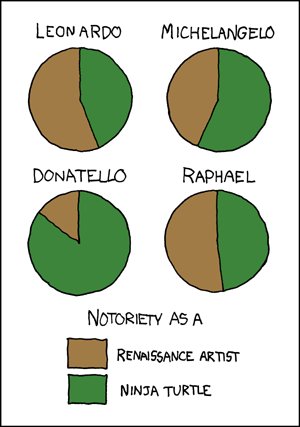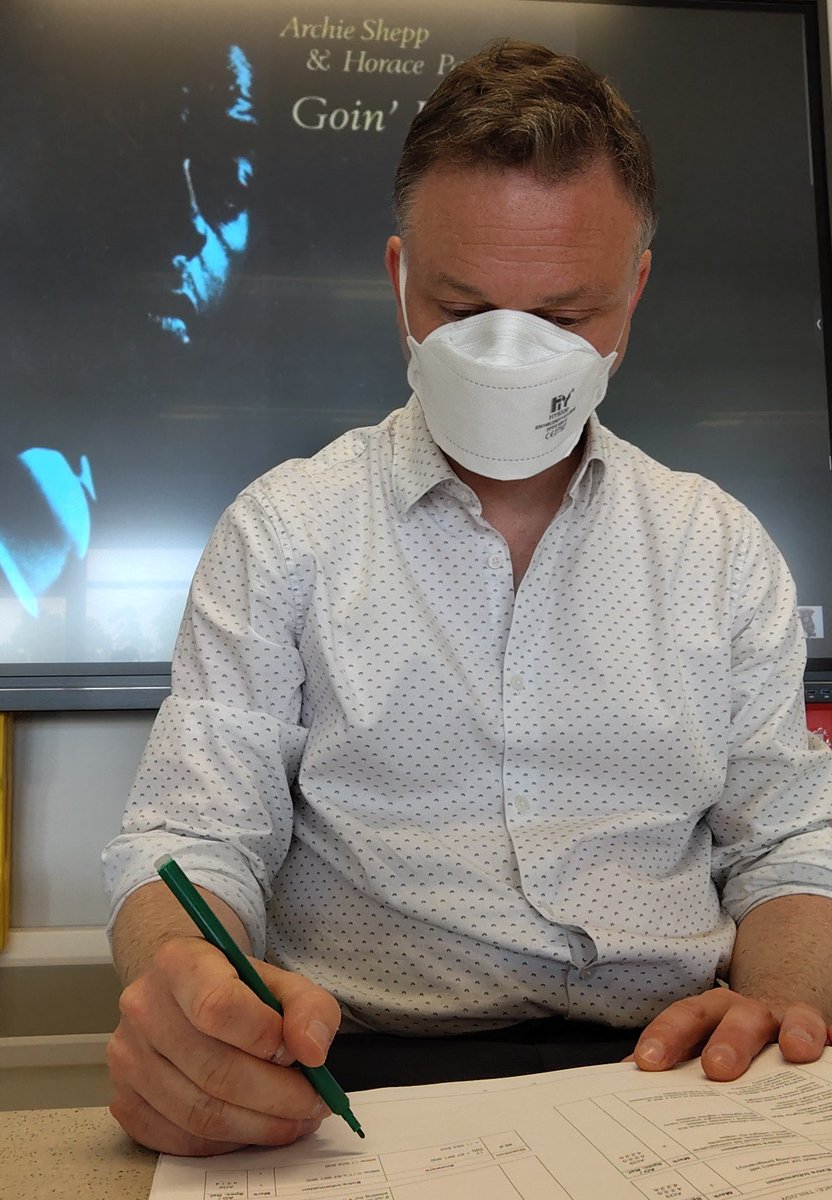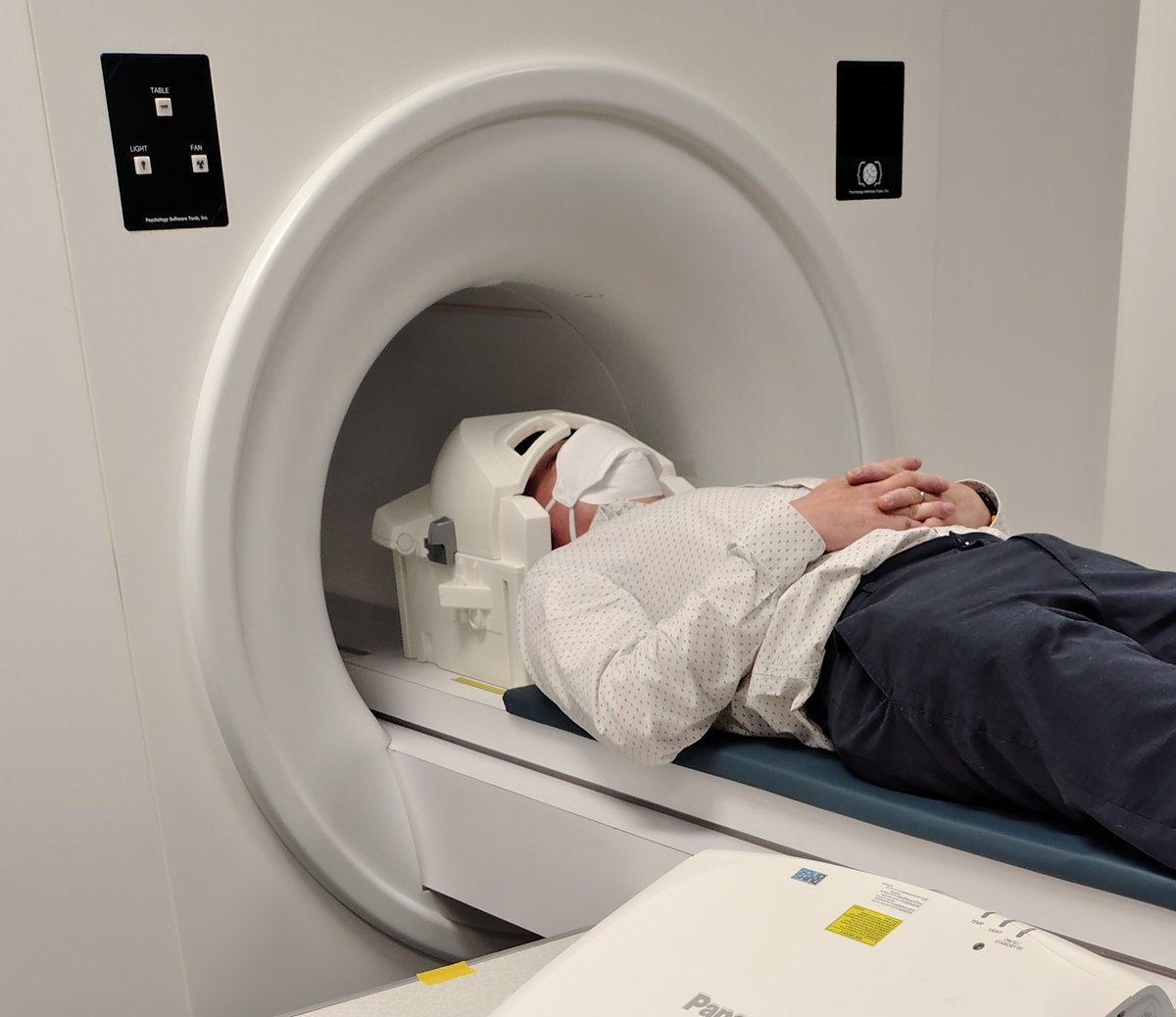UK Science teachers
Here is an easy opportunity to show scientific ideas changing over time.
2 mins in a lesson.
At GCSE, you teach that communicable diseases spread via droplets.
The World Health Organisation has now announced that Covid transmission is "airborne". A🧵
Here is an easy opportunity to show scientific ideas changing over time.
2 mins in a lesson.
At GCSE, you teach that communicable diseases spread via droplets.
The World Health Organisation has now announced that Covid transmission is "airborne". A🧵

Here's a BBC bitesize representation of what you teach, and what the @AQA exam board require. It aligns pretty closely with this World Health Organisation message from 2020, which is incorrect.
The GCSE Spec has not changed, so you have to teach an idea that is wrong.
Sorry.


The GCSE Spec has not changed, so you have to teach an idea that is wrong.
Sorry.


For those who don't teach, it's pretty common for science teachers to teach children ideas that are incomplete or oversimplified.
A good example is what Chemistry teachers teach about electron shells.
It's not a problem. It's fixed when they take more advanced courses.
A good example is what Chemistry teachers teach about electron shells.
It's not a problem. It's fixed when they take more advanced courses.
If you want to show students what the World Health Organisation say NOW, here is the link, though you will probably just show the picture.
It shows that transmission of disease is not only via coughs and sneezes at short range, but at longer ranges too.
iris.who.int/handle/10665/3…

It shows that transmission of disease is not only via coughs and sneezes at short range, but at longer ranges too.
iris.who.int/handle/10665/3…

The idea of "airborne" reinforces UK government guidance to ensure classrooms are well ventilated and let fresh air in. 

You probably already teach about Semmelweis, and how his ideas about hand washing were not initially accepted. You might spend 2 minutes on top of this, showing how ideas about how coughs, sneezes, and airborne have changed.
If you have students who are interested in studying
If you have students who are interested in studying

medicine, they might be interested in learning more about this.
If your GCSE and A Level students would like to contact experts directly, all of the people involved in this course are committed to making schools safer, so might respond to their emails.
covidsafetyforschools.org/about
If your GCSE and A Level students would like to contact experts directly, all of the people involved in this course are committed to making schools safer, so might respond to their emails.
covidsafetyforschools.org/about
• • •
Missing some Tweet in this thread? You can try to
force a refresh

















